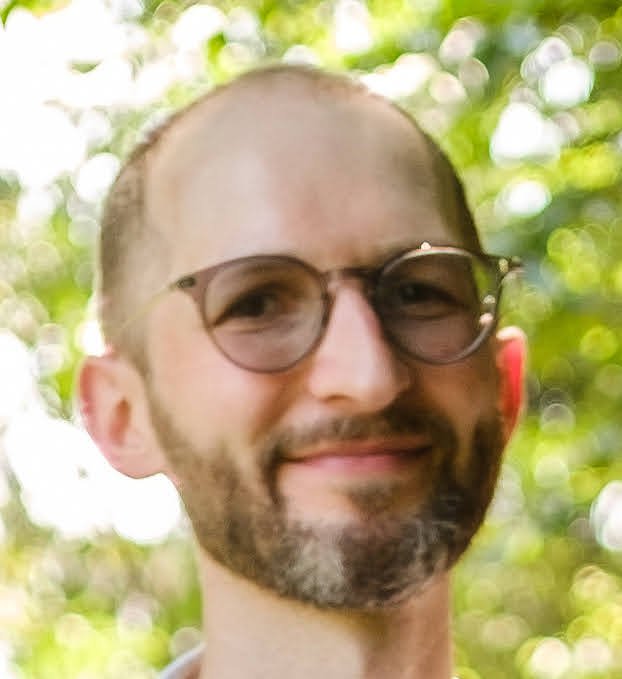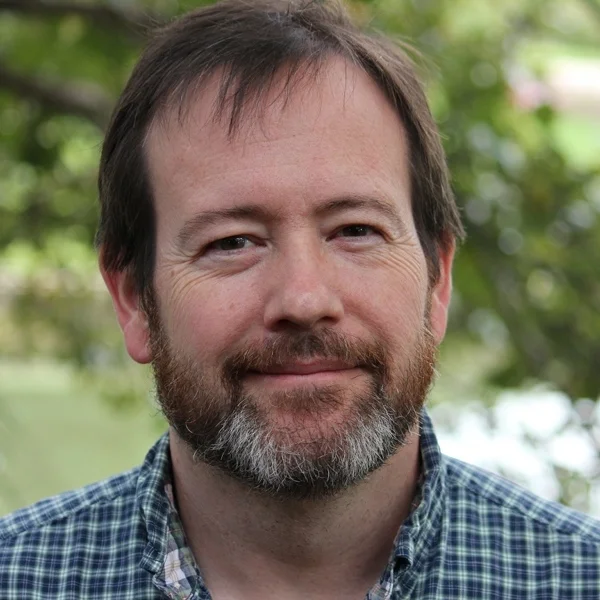You CAN Edit a Scene Too Early
/I was taught that you can never edit a scene too early. This may also be expressed as "by the time you think 'it's time to edit', it's already too late" or "follow your feet" / "listen to your body."
I don't necessarily disagree with any of these, but I would like to propose a different way of thinking about the problem.
Rather than think of the edit, let's think of the scene.
This way of thinking pre-supposes that after a certain point (that is usually a couple of minutes in) our scenes are going to fall flat. And before we get there, we should edit. I think that's a pretty negative way of thinking. And what does that thinking have to say about masters like TJ & Dave or Cackowski & Talarico. What would their shows look like if they were to edit at the first sign of a possible "traditional" edit opportunity?
I believe that following the "never too soon" thinking leads to short-sighted improv. The improv itself actually starts to build to a big laugh line with no expectation of getting past it, with living in those consequences. I prefer that we think of ourselves as capable of improvising each scene for the length of the show if necessary. We focus on repeatably creating meaty scenes and editing not to "save" the scene from potential future ruin but just because it is time for the story to move on (or whatever however your form prefers its edits).
This model trust scenes and players to survive past that first big laugh. And in doing so trains them to deal with the consequences of their moves.
When I first present this idea to groups, we often play 5 or 10 minute scenes, then go back and talk about the first moment that their Harold edit instincts kick in. It is often within 30 seconds to 2 minutes. Yet more often than not, the scene work that plays 3, 4, 5 minutes out is beautiful and unexpected territory, and we are thankful to have seen it. When we go in strapping in for a long ride, a number of things happen:
- We more often push past the part of the scene that we've "figured out" in our head and begin stumbling again–listening to our scene partner and playing on the edge of failure
- Small specific choices early on and even mistakes get magnified into show-affecting themes
- Solid meaty scenes tend to get solider and meatier. Fledgling scenes tend to get more fledgling*
- We heighten past the point we used to think was the top and again find amazing subconscious places to go (thanks to Chris Trew for first introducing this idea to me).
* Another key point: this is a place to retain your Harold edit instinct. When a scene did not start well, I would go back to: you can't edit it too early. This is less a note about editing and more a note to improve our ability as a team to make sure we get into that easy, less work, scene's building momentum place quickly. This will of course never be 100%.






